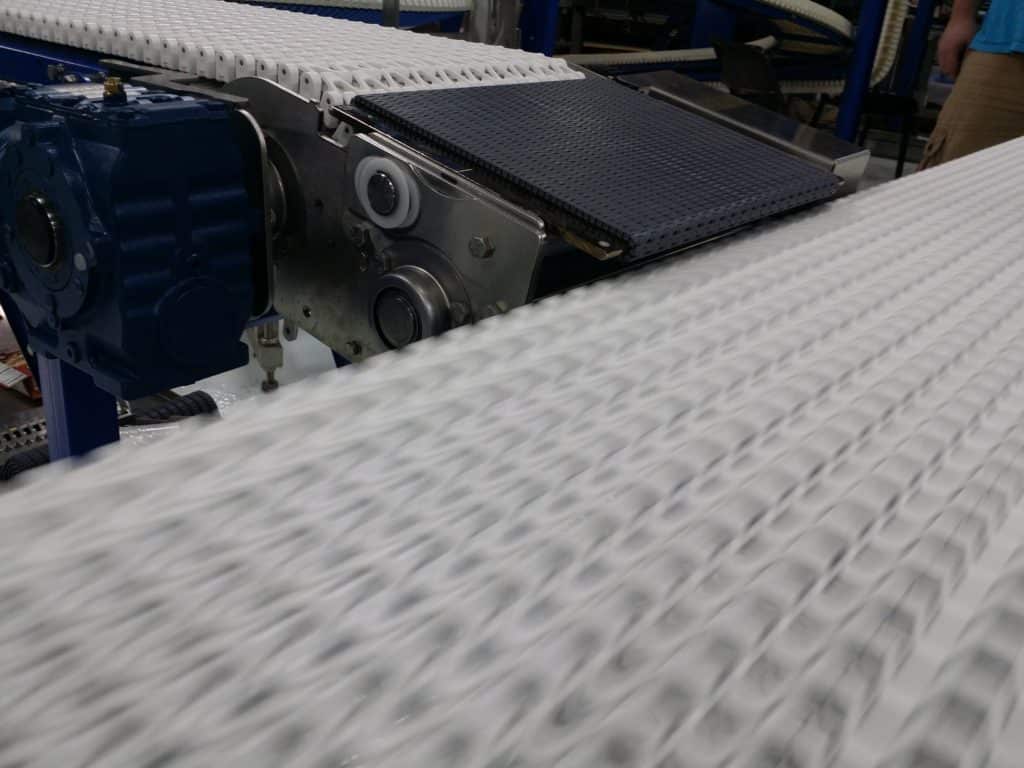
GMP Meaning
If you’re in the pharmaceutical industry, odds are you’ve heard the acronym “GMP” before. But do you know what it means? GMP stands for good manufacturing practices. It’s a term used interchangeably with CGMP, which means current good manufacturing practices. The Food and Drug Administration (FDA) uses these practices to regulate and ensure pharmaceutical quality, as well as quality in other industries like cosmetics and food production.
Why is GMP Important in the Pharmaceutical Industry?
From monitoring proper design to controlling facility processes, good manufacturing practices are an essential part of the pharmaceutical industry. CGMP regulations require medicine manufacturers to adequately control their operations. By following these regulations, pharmaceutical companies ensure the drug products’ identity, strength, quality and purity.
When your pharmaceutical company follows these practices, you can avoid many of the most common causes of quality failure like drug contamination, deviations or mix-ups. Consumers typically can’t detect that a drug is safe or if it will work, so it’s crucial to manufacturing pharmaceutical products under the conditions and practices mandated by CGMP. Continue reading to discover some of the best manufacturing practices to follow to assure the safety and efficacy of your pharmaceutical products.
Proper Research & Development
In the pharmaceutical industry, extensive research and development are incredibly important. Good manufacturing practices mandate that scientists conduct thorough studies to determine which drugs to develop. Thousands of tests must take place in labs to conclude if the drugs will work.
All drugs must undergo a clinical trial. Results from trials and testing are used for further development. This helps ensure top pharmaceutical quality.
Pharmaceutical Quality Assurance & Control
Quality assurance and control play a major role in good manufacturing practices. They ensure that the necessary and relevant tests are carried out and pharmaceutical products aren’t released until deemed satisfactory. Pharmaceutical quality and assurance can be achieved through tactics such as:
- Conducting monitored testing and sampling
- Setting strict rules and specifications for all employees to follow
- Keeping tools and ingredients as organized as possible
- Documenting and recording procedures
Detailed Analysis of Manufacturing Processes
For ultimate quality and reliability, the manufacturing process for pharmaceutical products must be consistent and repeatable. Even the slightest change in a drug’s composition can have life-threatening effects on users.
To help avoid risk, your organization must analyze its manufacturing process and define strict, cohesive methods to follow. In doing this, you’ll ensure that every product is made in accordance within predefined specifications and that each batch is consistent and safe to administer.
If any changes occur when creating the product, it should be analyzed closely and checked for pharmaceutical quality. Any products losing quality as a result of these alterations are classified as contaminated and should be discarded.
Complete Inventory Visibility
The way your team stores and transports products to different channels is important. Complete downstream inventory visibility will help you implement good manufacturing practices like:
- Saving time when compiling shipments
- Monitoring inventory levels
- Prioritizing safety measures
- Continuously improving the supply chain
Premium Equipment
Success in the pharmaceutical industry is impossible without proper manufacturing tools and equipment. Along with selecting the right warehouse, you need machinery designed for effective cleaning and the prevention of cross-contamination. Having the proper equipment will also help you safely transport items like vials, bottles, bags, tubes, small cartons and more. In compliance with CGMP, each piece of machinery must be validated and calibrated and have procedures, schedules and records.
Implement Good Manufacturing Practices with Custom Conveyors from Span Tech
Span Tech is no stranger to manufacturing in the pharmaceutical industry. Since 1988, we’ve been bringing you, premium-quality pharmaceutical conveyors, for manufacturers and distributors. Our conveyor solutions feature:
- High-speed palletizing
- Break pack picking using in-voice and RF picking technology
- Solutions for tracking and logging all movement
- High-speed sortation systems
We’re proud to bring you the best possible products to help you implement good manufacturing practices and ensure pharmaceutical quality. Reach out to our staff today to learn about our custom conveyors and start your estimate!

Mechanical Testing
Conveyors are mechanical assemblies, so it’s not surprising that most of the testing we perform is mechanical in nature. We need to understand the limits of what our products can actually do. We perform these tests to answer questions like:
- How strong will it be?
- How long will it last?
- What, when, and how is it likely to break?
To get these answers, we use a variety of tools and setups. We have a tensile testing machine to determine the strength of our chain links. This will not only tell us how much a chain-link can pull (ultimate strength test), but we can also use this device to predict how long the link will last under fatigue conditions. This machine will literally push/pull on a link for millions of cycles until it breaks. The data derived from these tests allow us to understand how to design better conveyor solutions for our clients.
Not only can we perform strength and fatigue testing on a single element (chain link), we can also do large-scale testing of entire conveyor setups. We have an extremely powerful Gearmotor/torque transducer setup which allows us to measure the amount of pull a conveyor is capable of with extreme loads. We’ve also done several tests using this equipment to determine how conveyors will wear out and eventually be destroyed under adverse conditions.
Tribology (Friction and Abrasion) Testing
We’re often asked: “What’s the steepest angle of incline/decline that your conveyors can do?” The answer is not as straightforward as most might think. The amount of angle for an inclining or declining conveyor depends on many factors, but the most important one is the amount of friction between the customer’s product and our conveyor chain. Even though there are scientific sources that tell us the coefficient of friction for many different materials, we go the extra step and do our own testing using a wide variety of materials to guarantee that we can do the angles that we state.
The materials that we use for our high-friction chain links are quite soft and compliant, and thus – very “grippy.” We can incline and decline some products as much as 25 degrees. However, like the tires on your car, the tradeoff for high-friction results in lowered wear capabilities. That’s why we have also done extensive testing to determine a scale for the durability of the various materials that we use for our chain links.
Thermal, Chemical, and Other Testing
Our conveyors are used in a wide variety of applications. From freezers to bread proofers, we’re dedicated to offering products that can work in a large range of environmental conditions. Additionally, since many of our components rub against one another, heat buildup is also a factor that plays into this.
We test all of our products under various operating conditions to make sure that we understand the limits of what is possible with the materials we use. We use a variety of measuring devices such as thermocouples and infrared cameras and detectors to measure the temperature of our conveyor parts under various operating conditions. We have also been known to do less-scientific tests just to see what happens when we venture outside the normal operating range of these materials (yes, that means we light these things on fire.)
We consider chemical compatibility, as well, since our conveyors are put into a wide range of industries – many with very caustic cleaning agents. In cases where we don’t have established scientific information on chemical compatibility with our materials, we often perform our own in-house tests to make sure that the materials we use will hold up in the environments our customers require.
But we’re not limited to the types of testing already covered. We also have the capability to do sound level testing, plus a wide variety of product tests that we set up and perform exclusively for some of our potential projects. For example, many customers want assurance that a particular solution will work with their specific product. We very frequently configure conveyors, transfers, pushers and all sorts of other devices at our disposal to show a customer that a proposed solution will work – by actually doing it with their actual product.
Get Premium Conveyor Solutions from Span Tech
Since 1988, Span Tech has committed to providing top quality products that exceed expectations and satisfy our customers. The proof is in our innovative ideas, expert staff and thorough capability testing. Reach out to our staff today to learn about our custom conveyors and get started with your estimate today!

